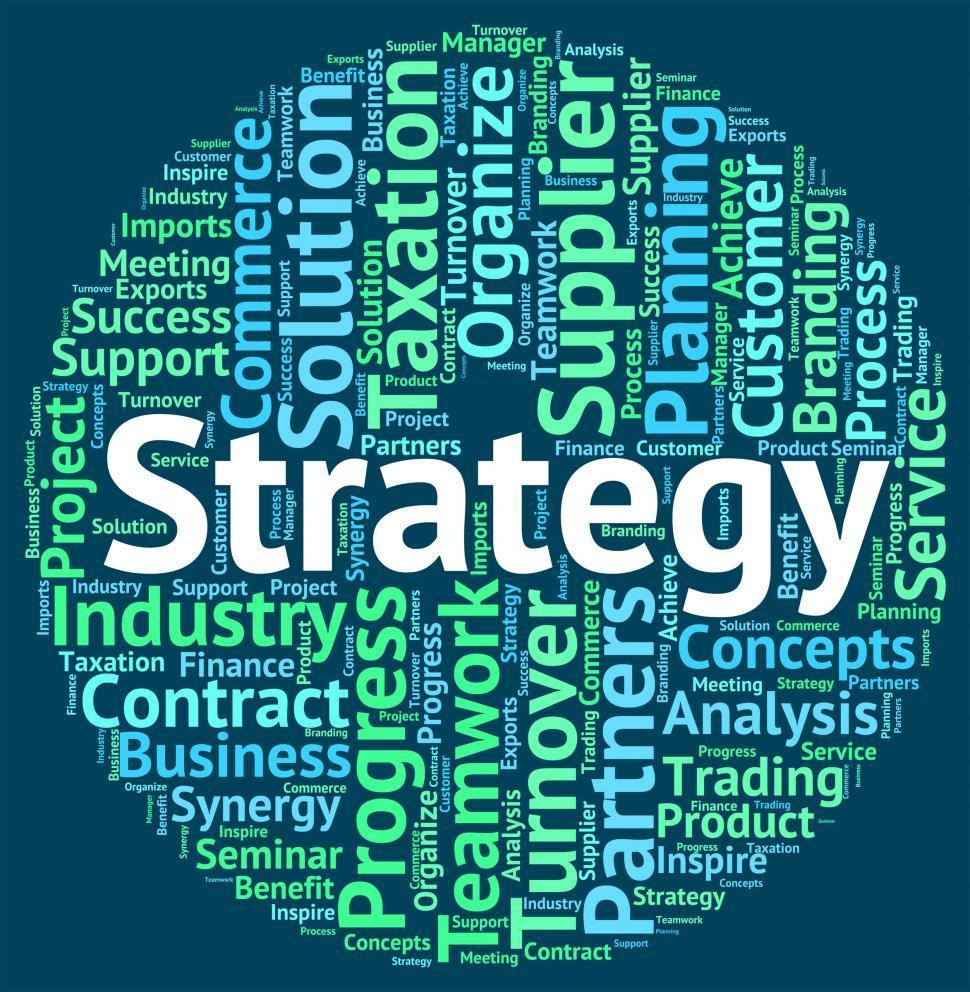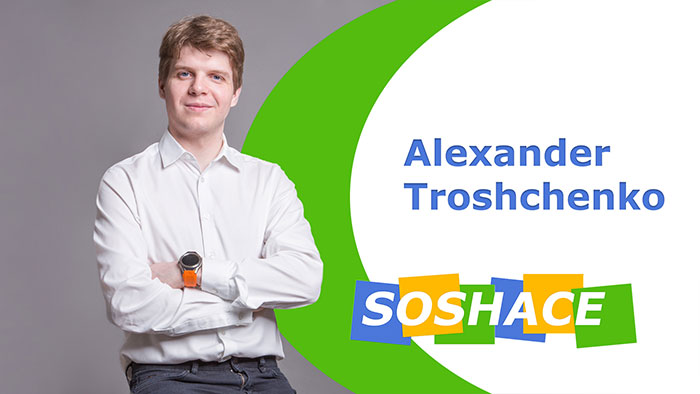In today’s competitive job market, candidates often find themselves navigating the complexities of experience gaps—periods during which they may have been out of the workforce due to various reasons such as personal commitments, career transitions, or economic downturns. These gaps, while common, can pose significant challenges during job interviews, where employers typically prioritize experience and continuity in their evaluation of potential hires. To mitigate the potential negative impact of these gaps, candidates must adopt strategic approaches that effectively highlight their transferable skills, relevant achievements, and overall suitability for the desired role. This article outlines key strategies for overcoming experience gaps in job interviews, providing actionable insights that enable candidates to present themselves as strong contenders despite potential shortcomings in their professional timeline. By understanding and implementing these techniques, job seekers can enhance their confidence, improve their interview performance, and ultimately increase their chances of securing employment in a challenging landscape.
Table of Contents
- Identifying and Acknowledging Experience Gaps in Your Career Profile
- Leveraging Transferable Skills to Align with Job Requirements
- Crafting a Compelling Narrative to Address Experience Gaps
- Enhancing Interview Performance Through Targeted Preparation Techniques
- Closing Remarks
Identifying and Acknowledging Experience Gaps in Your Career Profile
Identifying gaps in your career profile is the first step towards addressing them effectively. When reviewing your professional history, consider the following key factors that may indicate a lack of experience:
- Duration of Employment: Significant breaks between positions can raise questions about your experience.
- Skill Relevancy: Assess if the skills you’ve acquired match the roles you are pursuing.
- Industry Knowledge: Gaps may exist if you haven’t worked in your desired field recently.
Acknowledging these gaps is crucial for your growth. Create a plan to bridge these experiences by engaging in activities such as:
- Volunteering: Gain relevant skills and networking opportunities.
- Online Courses: Explore platforms that offer certifications in your desired skill set.
- Freelance Projects: Secure short-term jobs that can fill your experience gaps.
| Experience Gap | Solution |
|---|---|
| Unemployment Period | Freelancing or Volunteering |
| Skills Not Up-to-Date | Online Courses and Workshops |
| Industry Transition | Networking Events and Informational Interviews |
Leveraging Transferable Skills to Align with Job Requirements
When faced with experience gaps, highlighting transferable skills becomes a pivotal strategy in bridging that divide. These are the abilities acquired in various contexts—such as previous jobs, volunteer work, or even personal projects—that are applicable across different roles. To effectively showcase these skills during interviews, it’s essential to draw direct correlations between your past experiences and the specific requirements of the job you’re applying for. Start by dissecting the job description, identifying key competencies, and then crafting narratives that illustrate how your previous roles have endowed you with relevant expertise. This will enhance your credibility and demonstrate your adaptability.
Consider creating a framework to match your transferable skills with the job’s expectations. A simple table can help visualize this alignment, making it easier to reference in discussions or during preparation. Here’s an example structure:
| Job Requirement | Your Transferable Skill | Specific Example |
|---|---|---|
| Project Management | Organizational Skills | Managed a community event with 100+ participants. |
| Customer Service | Communication | Trained new volunteers on client engagement techniques. |
| Data Analysis | Critical Thinking | Analyzed survey data for process improvements in past job. |
By strategically mapping out these connections, you’re not only showcasing your potential but also reinforcing your readiness to transition into a new role, even with experience gaps. Tailoring your responses to emphasize these relevant skills reinforces your narrative of capability and preparedness.
Crafting a Compelling Narrative to Address Experience Gaps
When navigating experience gaps, it’s essential to craft a narrative that highlights your transferable skills and relevant attributes. Focus on the how and why behind your experiences, framing them in a way that aligns with the job requirements. Instead of dwelling on what you lack, emphasize your passion for the industry and your proactive steps toward learning and growth. Consider the following key points to shape your narrative:
- Highlight Relevant Skills: Showcase skills acquired through education, volunteer work, or self-directed projects that relate to the role.
- Emphasize Soft Skills: Communication, teamwork, and agility can often outweigh hard skills, especially in entry-level positions.
- Demonstrate Initiative: Discuss any extra courses, certifications, or networking efforts that reflect your commitment to bridging the gap.
Additionally, using an effective storytelling structure can enhance your message. Start by establishing the challenge posed by the experience gap, then outline your unique approach to overcoming it. Follow this by detailing the skills or insights you gained and conclude with how these elements make you a strong candidate for the position. The following table summarizes how to structure your response:
| Component | Description |
|---|---|
| Challenge | Briefly outline the experience gap clearly. |
| Approach | Describe your proactive steps toward gaining relevant experience. |
| Skills Gained | List any skills or knowledge acquired through these steps. |
| Closing Argument | State how these experiences make you an ideal fit for the position. |
Enhancing Interview Performance Through Targeted Preparation Techniques
Mastering the art of interview performance requires a strategic approach, especially when addressing potential experience gaps. Start by conducting a self-assessment to identify your strengths and weaknesses. This can help you understand how to present your skills effectively during interviews. Consider the following techniques:
- Targeted Research: Dive deep into the job description, focusing on the skills and experiences emphasized. Tailor your responses to showcase relevant experiences, even if they come from different contexts.
- Mock Interviews: Engage in mock interviews with friends or mentors, focusing on questions that probe potential gaps in your experience. This practice can provide critical feedback and help you refine your delivery.
- STAR Method: Structure your answers using the STAR (Situation, Task, Action, Result) technique. This method allows you to provide context and demonstrate your problem-solving abilities effectively.
Additionally, cultivating a strong narrative around your experience is key. Use a skills-based resume to emphasize transferable skills that align with the job requirements. Create a simple table that correlates your transferable skills with real-life scenarios:
| Transferable Skill | Relevant Scenario |
|---|---|
| Project Management | Coordinated group projects during university |
| Problem Solving | Resolved customer issues in part-time retail job |
| Team Collaboration | Worked in diverse teams for volunteer initiatives |
Closing Remarks
addressing experience gaps in job interviews requires a strategic approach that emphasizes transferable skills, relevant achievements, and a proactive mindset. By thoroughly preparing for potential questions and framing experiences in a way that aligns with the job’s requirements, candidates can effectively demonstrate their suitability despite any shortcomings in direct experience. Utilizing techniques such as storytelling and emphasizing a commitment to continuous learning can further enhance a candidate’s appeal to prospective employers. Ultimately, the ability to articulate one’s unique value proposition, coupled with a confidence in one’s capabilities, can transform perceived weaknesses into opportunities for discussion, fostering a productive dialogue that highlights potential rather than limitations. As the job market continues to evolve, embracing these strategies will empower candidates to navigate interviews with competence and poise, ensuring they are well-equipped to make a positive impression and secure desired positions.






